The alliance shifts to regional focus for enhanced agility challenging assumptions about global autmomotive markets
The Renault-Nissan-Mitsubishi alliance has announced a binding framework agreement which will reshape its collaborative model towards enhancing competitiveness, with a strong focus on regionalisation. The alliance unveiled its strategy in February earlier this year, which culminated in definitive agreements being reached in July; with a completion timeline set for the fourth quarter of 2023. The alliance’s renewed (and reimagined) commitment will see a “three-dimensional” program aimed at maximising value creation for all alliance stakeholders and spans intercontinental automotive operational projects; distribution, aftersales, charging infrastructure and battery recycling; and recalibrations that focus on enhanced agility through regionality, somewhat challenging the accepted standard MO for automotive infrastructures.
High-value-creation operational projects
One of the cornerstones of this initiative is the pursuit of “high-value-creation” operational projects across Latin America, India and Europe. The approach focuses on delivering mutually beneficial outcomes in markets, vehicle development and technology innovation. These projects not only promise mid-term benefits but also immediate advantages through cost sharing and cost avoidance.
Each member company is exploring existing strategies in electrification and low-emission technologies, with a focus on investments that provide incremental value.
In Latin America, the alliance’s projects include the development of a new half-ton pickup, shared production of the Nissan Frontier/Renault Alaskan family of one-ton pickups and the production of Renault vehicles in Mexico, marking a significant return for the brand after two decades. Moreover, the alliance aims to introduce accessible A-segment Electric Vehicles in the region.
For India, collaborative efforts will yield new SUVs shared by both Renault Group and Nissan, along with a new Nissan car derived from the Renault Triber platform. A-segment electric vehicles are also being considered for the Indian market.
In Europe, the alliance will leverage its assets, with Renault Group and Mitsubishi developing two new vehicles based on the CMF-B platform. Renault Group is set to launch the FlexEVan, a Software-Defined Vehicle, in 2026, with plans to share it with Nissan in Europe. Additionally, both companies are exploring potential collaborations on the next generation of C-segment Electric Vehicles, emphasising benchmark charging time and shared technologies.
Enhanced strategic agility around electrification and powertrains
The second dimension of the alliance’s strategy involves “enhancing strategic agility.” Each member company is exploring existing strategies in electrification and low-emission technologies, with a focus on investments that provide incremental value. Notable initiatives include Nissan’s intention to invest up to 15% in Ampere, Renault Group’s EV and Software entity in Europe, to accelerate new business opportunities for Nissan in the region. Mitsubishi is also considering an investment in Ampere, while both Nissan and Mitsubishi will become customers of Renault Group’s Horse project, aimed at expanding the market coverage of low-emission internal combustion engines and hybrid powertrain technologies.
”These agreements provide us with a solid base to reactivate business operations worldwide in key markets, with the potential to generate hundreds of millions in value for Renault, Nissan, Mitsubishi and stakeholders.”
These initiatives build on existing technology collaborations, encompassing areas like All Solid-State Battery (ASSB), Software-Defined Vehicle (SDV) and Advanced Driver Assistance Systems (ADAS) & autonomous driving.
Renault and Nissan: rebalanced cross-shareholding and reinforced alliance governance
Recognising the need to align cross-shareholding structures and governance terms with the next-generation alliance goals, Renault Group and Nissan have agreed to a rebalancing of their cross-shareholding arrangements. This new approach, defined in a binding framework agreement seeks to maximise value creation and ensure the alliance’s effectiveness.
Under the new agreement, Renault Group and Nissan will retain a 15% cross-shareholding, with Renault Group transferring 28.4% of Nissan shares into a French trust. This trust arrangement maintains economic rights for Renault Group while enabling Nissan to exercise its voting rights in Renault Group. Voting rights for both companies will be capped at 15% of exercisable voting rights.
The impetus behind this transformation lies in the growing divergence of regional automotive landscapes, with factors such as varying regulatory frameworks, differing electrification strategies and unique connectivity requirements necessitating a more tailored and adaptive approach to automotive.
The governance agreement between Renault Group and the French State related to its shareholding in Renault Group will be terminated, allowing the French State to freely exercise its voting rights in Renault. Both Renault and Nissan will continue to nominate representatives on each other’s boards.
The alliance Operating Board will remain the coordination forum for Renault Group, Nissan and Mitsubishi, ensuring ”seamless collaboration”.
Following Renault and Nissan concluding definitive agreements in July, Jean-Dominique Senard, Chairman of The alliance, said: “The agreements that have been signed […] allow us to step into the next chapter of the alliance. They strengthen our long-standing partnership and will maximise value creation for each alliance member. This also lays the foundations for a new balanced, fair and effective governance.”
Makoto Uchida, President and CEO, Nissan Motor Co. Ltd., said: “With the finalisation of the definitive agreements, we have entered the next phase of collaboration with Renault and Mitsubishi Motors in mutually beneficial areas of innovations. This will create additional value through initiatives aligned to Nissan’s Ambition 2030 and electrification strategy. The investment opportunity in Ampere complements and strengthens Nissan’s ongoing electric push in Europe and will deliver numerous synergies, including cost efficiencies, regulatory compliance and a broader range of EV products and powertrains.”
Luca de Meo, CEO of Renault Group, added: “These agreements provide us with a solid base to reactivate business operations worldwide in key markets, with the potential to generate hundreds of millions in value for Renault, Nissan, Mitsubishi and stakeholders. They give us the strategic agility that we need more than ever in today’s rapidly evolving environment. We are all engaged with the right mindset and welcome Nissan as a strong partner in our upcoming EV and Software pure player Ampere. It confirms the attractiveness of the project to be front runner in Europe, allowing Renault and its alliance partners to position themselves ahead of the starting grid for the EV and software race in Europe.”
Moving away from global: shifting infrastructure towards regionalisation
Reacting to pressures and opportunities in the automotive industry, the alliance is moving away from a one-size-fits-all global model to a more agile and project-driven collaboration strategy. This shift, set to be fully realised by the conclusion of 2023, signifies a strategic pivot toward a regional approach that harnesses the unique geographical strengths, technical capabilities and market insights of each partner to bolster their respective strategic objectives. The impetus behind this transformation lies in the growing divergence of regional automotive landscapes, with factors such as varying regulatory frameworks, differing electrification strategies and unique connectivity requirements necessitating a more tailored and adaptive approach to automotive.
The operational shift represents a forward-looking structure which aims to position it to better serve the diverse automotive needs of customers and markets in specific regions.





























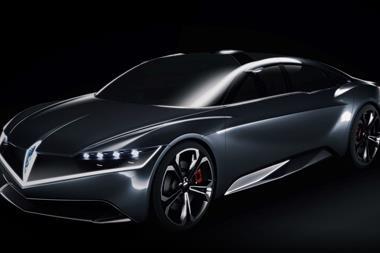
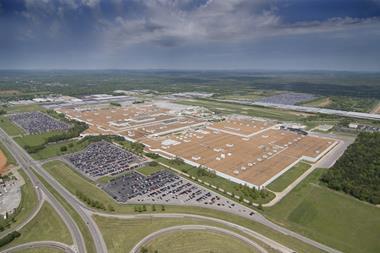
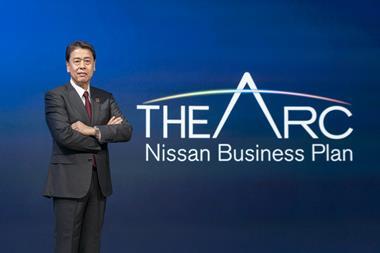
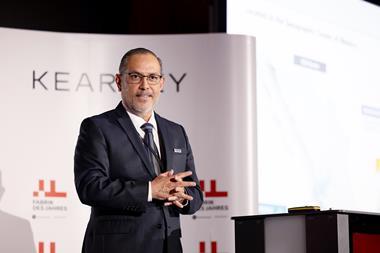
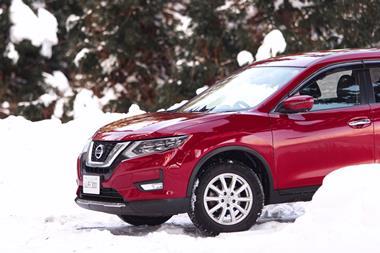
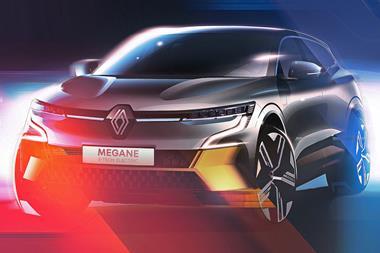



No comments yet